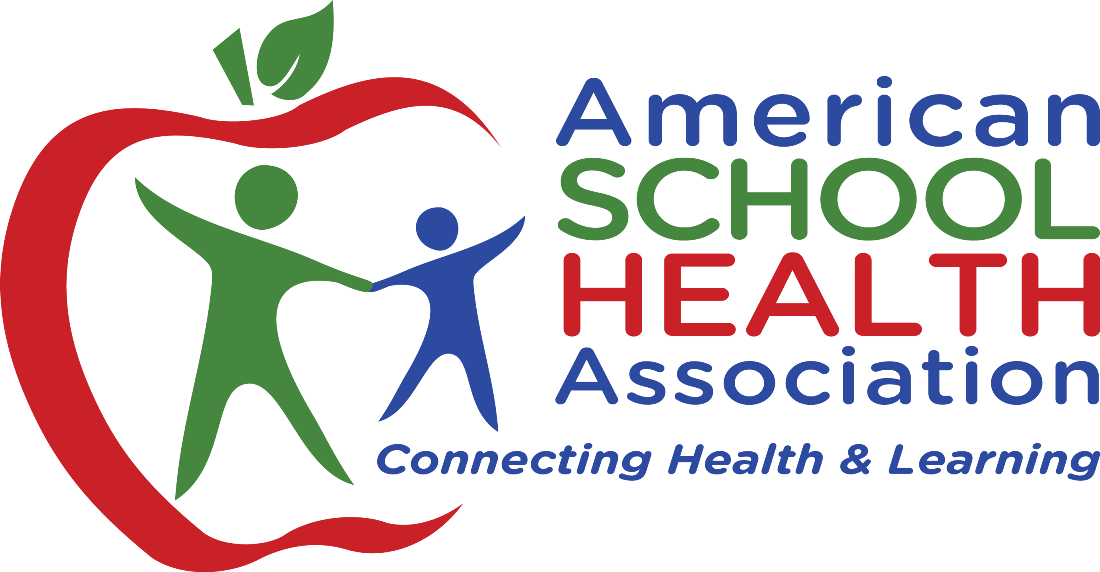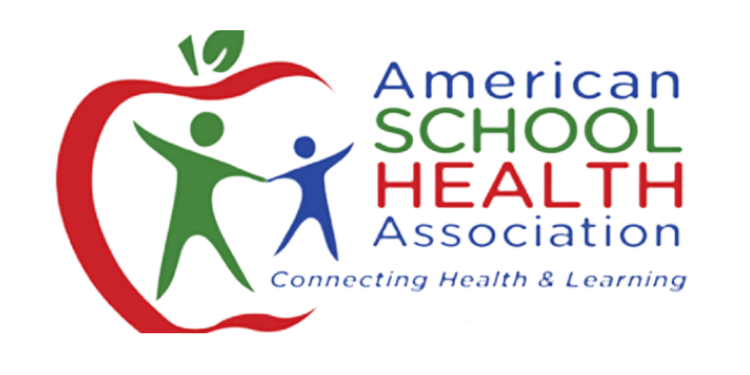Masks Are the New Condoms for Public Health Education
Masks Are the New Condoms for Public Health Education
Guest Blog Post by ASHA Fellow, Dr. Stephen Sroka
We live in an environment where new daily reports raise questions about the latest COVID variants which seem to move more easily and quickly and are spreading facts and fears wildly across the country.
Schools are struggling with conflicting mask messages for their staff and students as schools prepare to open. CDC guidelines, medical professionals like the American Academy of Pediatrics, and local laws provide recommendations that often clash. Parents and teachers protest for and against masks.
Back to the 80’s.
“I want to learn about AIDS, but why do you have to talk about condoms? They are controversial and don’t really work.” This was a one of the biggest hurdles that I faced when I went to speak in schools and community organizations about AIDS in the 1980’s.
Over 35 years ago, I wrote possibly the first book for teachers about AIDS. The book was called The Educators Guide to HIV/AIDS and other STDs. The book became a model for more that a dozen states and cities. Dr. Koop, then the US Surgeon, wrote, “I would like to commend you on your pioneering efforts to educate the nation’s school age population about AIDS and other sexually transmitted diseases.” Some of the strategies in the Guide are still used today, such as, the ABCs of AIDS education where the A is abstinence, B is be monogamous and C is condoms. (Full disclosure: the book is no longer in print.) Protesters often said that I was “teaching their kids to have sex.”
In 1987, Ric Loya, an ASHA member and a health teacher from the Los Angeles Unified School District), and I co- coordinated the first national AIDS education workshop for teachers. Called AIDS Teach-In, it received front page coverage on USA TODAY, and was held at California State University, Long Beach. Hundreds of educators from around the country attended to receive the latest information about AIDS education and how to teach the sensitive condom issues that surrounded the new disease.
coordinated the first national AIDS education workshop for teachers. Called AIDS Teach-In, it received front page coverage on USA TODAY, and was held at California State University, Long Beach. Hundreds of educators from around the country attended to receive the latest information about AIDS education and how to teach the sensitive condom issues that surrounded the new disease.
In 1988, I had the privilege of working with Dr. Fauci. I was a consultant for the CDC’s National AIDS Minority Education Program. Condoms were part of our prevention programs to reduce the risks of the transmission of HIV. Condoms were controversial and criticisms ran rampant.
Fast forward to 2020.
Early on in our latest pandemic, I wrote an article called Coronavirus: Pandemic or Panicdemic? At that time, some national political leaders were suggesting that COVID-19 was not a huge problem and would just go away. Dr. Fauci did not agree and promoted the wearing of masks to reduce the risks for the transmission of COVID-19. He soon became either a blessing or a curse, depending often on how persons perceived his advocating the use of masks. He is considered a world class leader for his scientific approach to dealing with diseases, but today he is being verbally attacked by some groups saying he has done significant damage to public health and should be criminally investigated. He needs security to protect himself and his family from death threats. People have killed each other over mask disputes in stores. Protesters are saying that we are “taking away their freedoms.” We now have both a pandemic and panicdemic.
Today, Dr. Fauci and I are still getting intimidated for talking about masks, just like we were over 30 years ago talking about condoms. When I am invited to speak virtually for schools and community organizations about COVID-19, I am often asked, “But why do you have to talk about masks? They are controversial and don’t really work.” So, how do I respond and address these issues? The same way as I did with condom education years ago. I try to deliver a message that is caring, culturally and community sensitive, and with honesty and hope. I try to explain that the science changes and so do our recommendations based on the latest data that are available from credible sources, not anecdotes. I explain that I am there to provide harm reduction techniques to try to reduce the risks, but I cannot eliminate the risks. There are no guarantees. There are no easy answers, only intelligent alternatives. There will be casualties, but masks, just as condoms, reduce the risks. I am not asking to take away anyone’s freedoms, only providing the strategies to help everyone protect one another with risk reducing techniques like masks and condoms, from the risks of deadly diseases, like COVID-19 and AIDS, and to provide the opportunity for others and themselves, the freedom to live disease-free.

Stephen Sroka is an adjunct assistant professor at the School of Medicine at Case Western Reserve University. Dr. Sroka has worked with infectious diseases, crisis intervention and public health education for over 40 years. He has proudly received the ASHA Outstanding School Health Educator Award and recently recognized with the ASHA Fellow Award.

